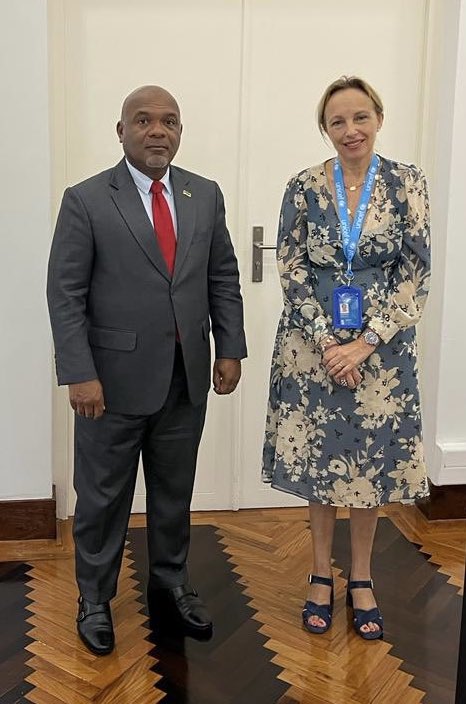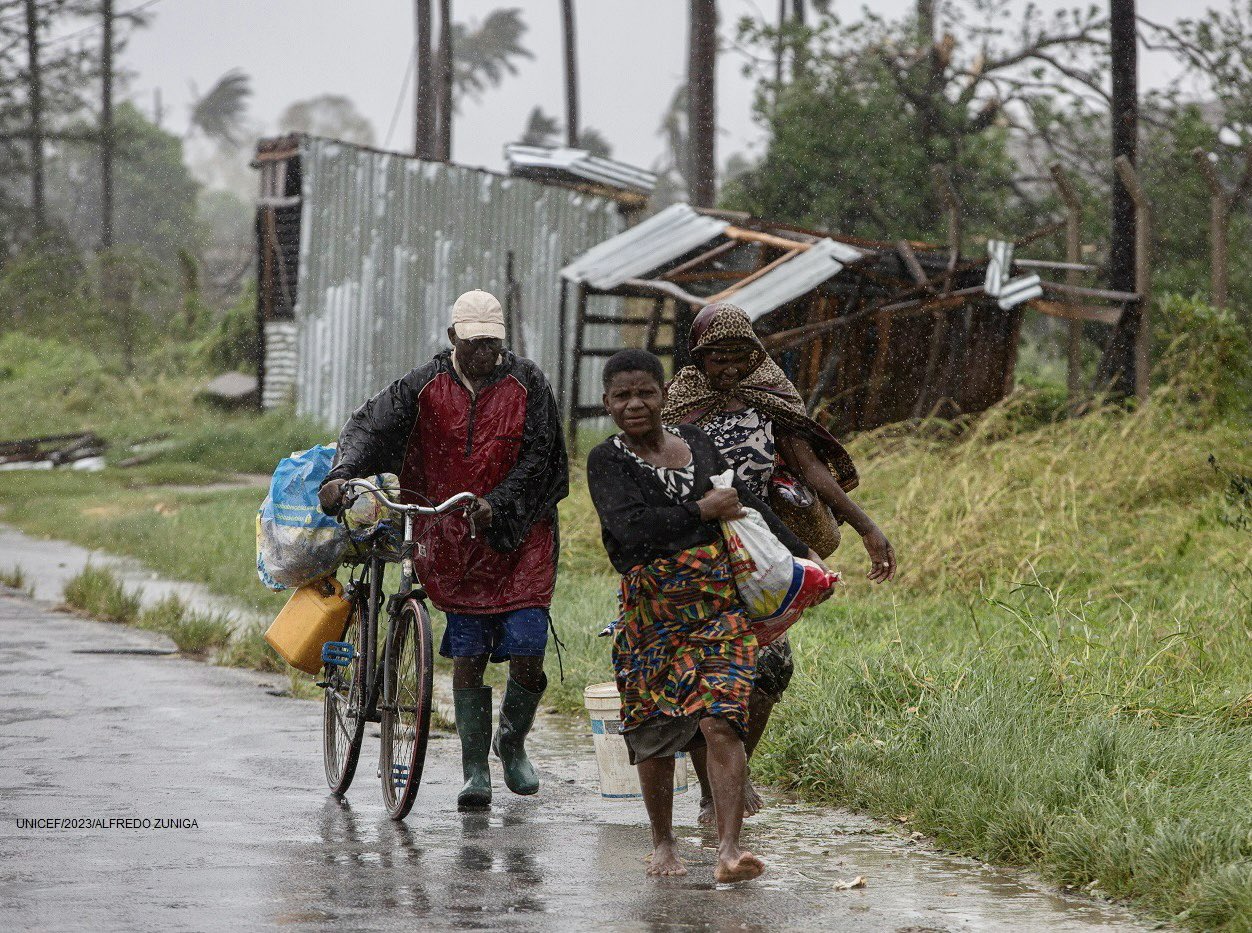
Hundreds were killed in Madagascar, Mozambique, and Malawi in what may be longest-lasting tropical cyclone on record ‘Cyclone Freddy.’
Cyclone Freddy, which developed over the Indian Ocean more than a month ago, has dissipated this week, after making landfall a second time in southern Africa.
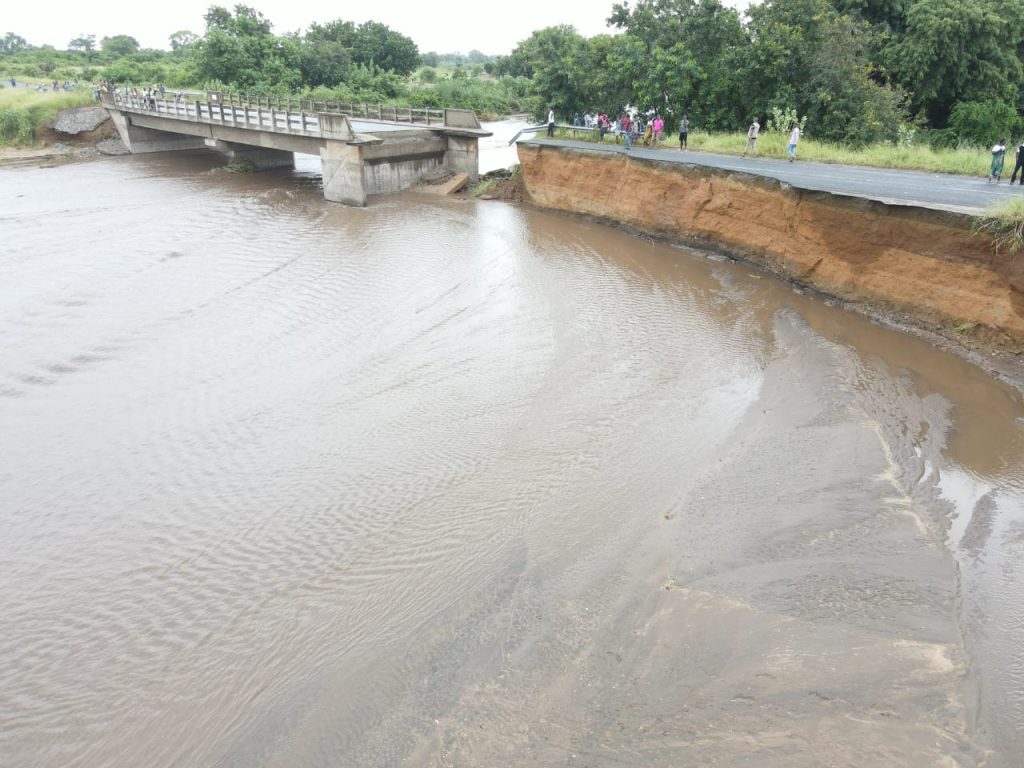
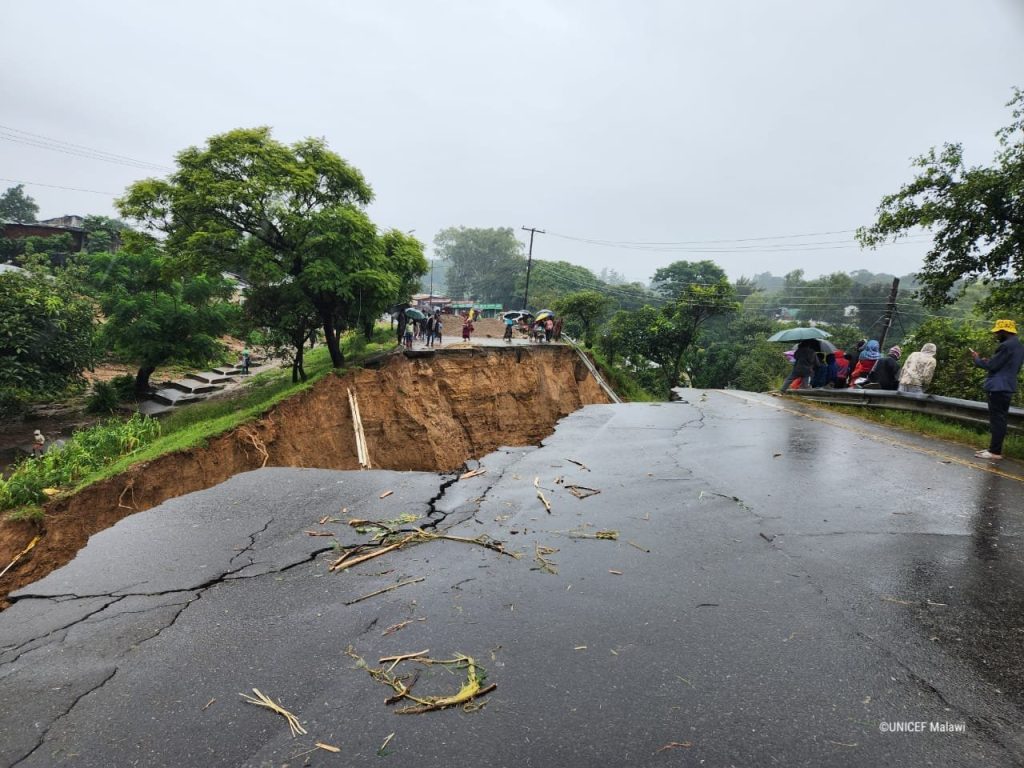
The devastation was caused by severe flooding and landslides, which swept away roads and buried homes in mud. Power outages in Mozambique have affected small villages since last weekend, hindering rescue efforts as people await food and medical assistance.
Before Freddy, Malawi was experiencing its deadliest cholera outbreak, and it is feared flood waters could exacerbate the situation and reduce access to safe water and sanitation.
United Nations (UN) agencies this Monday the 20th of March, were scrambling to reach millions affected by the deadly tropical cyclone Freddy, which has worsened cholera outbreaks in Malawi and Mozambique as communities recover from devastating damages caused by storms, massive flooding, and mudslides.
The UN Children’s Fund (UNICEF) said millions of children are at risk amid cholera outbreaks in Malawi and Mozambique. Both countries face flooding and damage caused by the cyclone, leading to death, displacement, and the devastation of infrastructure and social services. The after-effects have crippled access to health and other basic services.
One week after cyclone Freddy made landfall for a second time in Mozambique, risks are rising.
“We are now facing a very real risk of a rapidly accelerating cholera outbreak in Mozambique, a disease which is particularly dangerous for young children, especially those who are malnourished. UNICEF is working closely with the Government to urgently restore access to health, water, hygiene, and sanitation interventions to areas hit by the cyclone, and to prevent and treat cholera, but additional support is needed to meet the rapidly growing needs of children and families,” said Maria Luisa Fornara, UNICEF Representative to the country.
The UN Refugee Agency (UNHCR) has also issued an emergency appeal.
Visiting flood-ravaged communities on 16 March, UN Resident Coordinator for Malawi, Rebecca Adda-Dontoh pledged UN support.
“The destruction and suffering that I witnessed in southern Malawi is the human face of the global climate crisis. The people I met with–many of whom have lost their homes and loved ones–have done nothing to cause this crisis. We, as the United Nations, stand in full solidarity with the people of Malawi at this tragic time and we call on the international community to do the same,” she said.
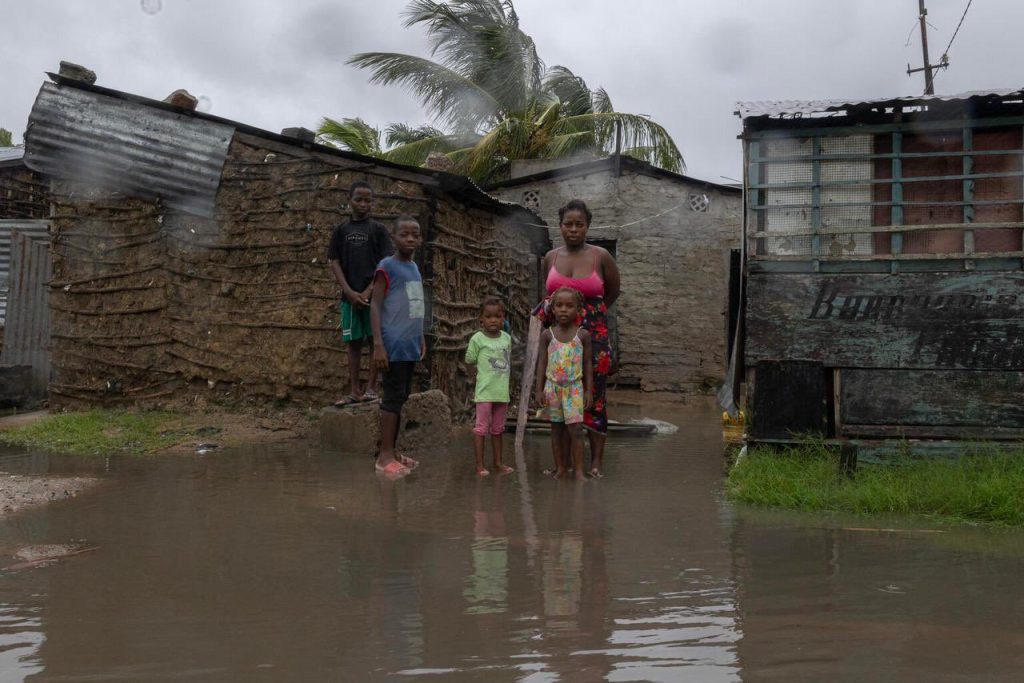
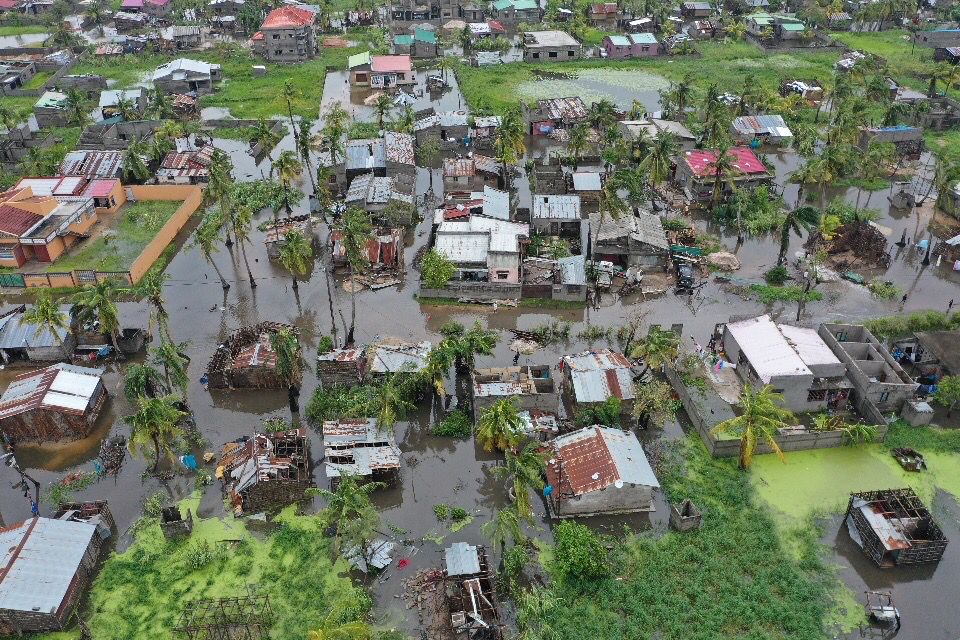

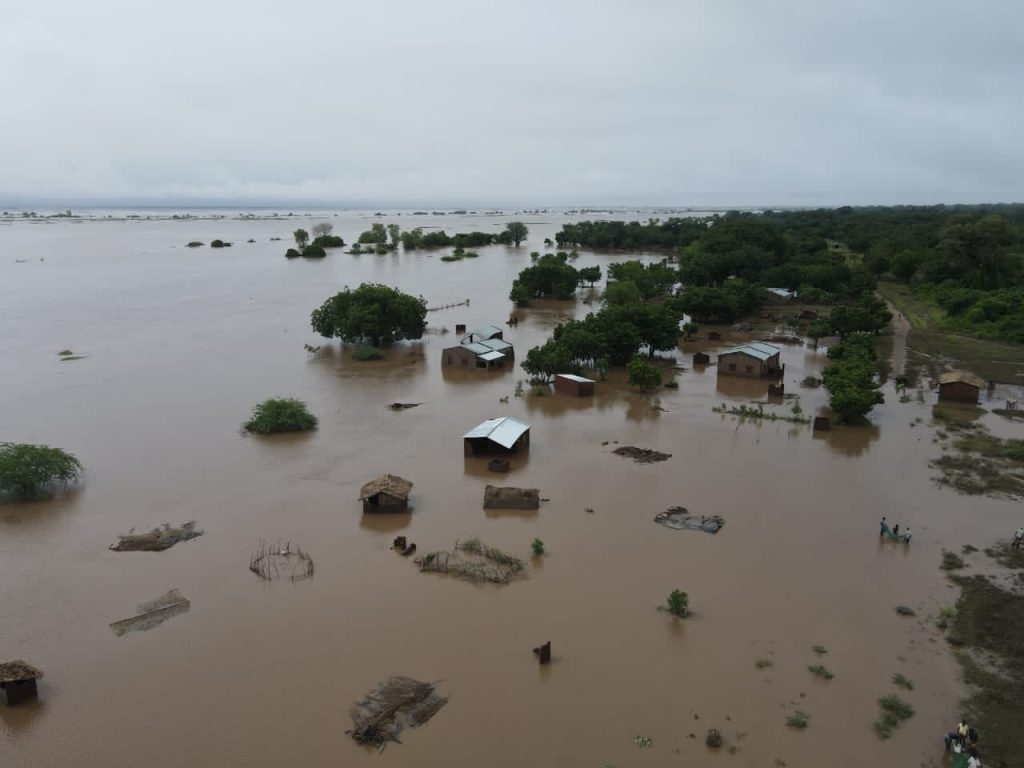
The UN Office of Humanitarian Affairs (OCHA) has been tracking developments in Malawi in the wake of tropical cyclone Freddy and some of the details are as follows:
- As of 18 March, nearly 363,000 people are displaced and sheltering in 505 camps across flood-affected areas.
- Authorities report on Saturday the death toll has risen to 447, with at least 282 people still missing.
- Some 75,000 hectares of cropland has been flooded, just as farmers were about to harvest the only crop of the year.
- With more air assets available, UN efforts are underway to reach locations that have been cut-off by road since 12 March.
- Protection is a top response priority, given the heightened risks–including trauma, gender-based violence, child separation and trafficking–caused by the storm and associated displacement.
